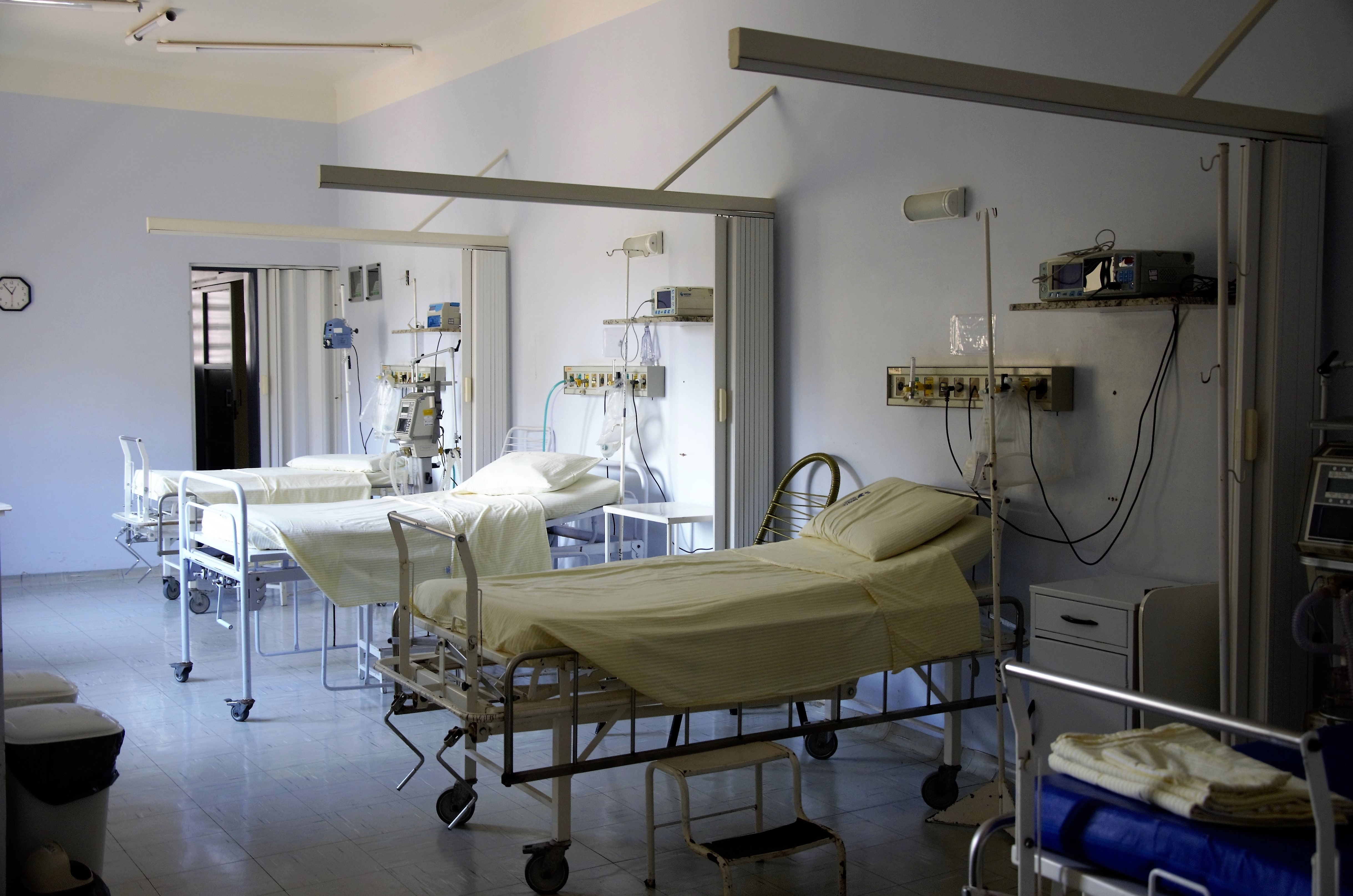The Importance of Health in Wealth: Why Medical Considerations Matter
Medical emergencies or unexpected illnesses can happen to anyone at any time. When faced with a critical healthcare situation, you may be unable to communicate medical treatment preferences or end-of-life care wishes. That’s where an advance health directive, also known as a medical directive or living will, becomes crucial. Here are some of the major risks of not having an advance health directive and why proactive medical planning is so important.

Risk #1: Loss of Autonomy
Without an advance health directive, you may lose control over your medical decisions. If you are unable to communicate or make decisions due to a medical emergency, your loved ones or healthcare providers may have to make decisions on your behalf. This can lead to potential conflicts or uncertainties about your medical treatment preferences, and your desires may not be respected.
Risk #2: Unwanted Medical Treatment
Without clear instructions in an advance health directive, you may receive medical treatments that you do not desire or would have refused if you were able to communicate. For example, you may receive life-sustaining treatments such as CPR, ventilators, or artificial nutrition and hydration, which may not align with your personal beliefs or end-of-life care wishes.
Risk #3: Emotional Distress for Loved Ones
The absence of an advance health directive can put a significant emotional burden on your loved ones. They may be left with the responsibility of making difficult medical decisions on your behalf, which can cause stress, anxiety, and emotional distress during an already challenging time. Having an advance health directive in place can provide clarity and guidance to your loved ones, easing their emotional burden.
Risk #4: Legal and Financial Complications
Without an advance health directive, legal and financial complications can arise. Your family members or healthcare providers may face challenges in accessing your medical records or making important medical decisions. Legal battles or disputes among family members may arise, resulting in additional stress and financial burdens. In contrast, having a properly executed advance health directive can provide legal protection and guidance in case of medical emergencies.
Risk #5: Potential for Unintended Consequences
Without an advance health directive, your medical treatment may be guided solely by medical protocols or default legal provisions, which may not align with your personal beliefs or wishes. For example, your religious, cultural, or ethical preferences may not be considered, leading to unintended consequences. By having an advance health directive in place, you can ensure that your personal wishes are respected and honored.
Not having an advance health directive can expose you to significant risks, including loss of autonomy, unwanted medical treatment, emotional distress for loved ones, legal and financial complications, and potential unintended consequences. Proactive medical planning through the creation of an advance health directive allows you to express your medical treatment preferences and end-of-life care wishes, ensuring that your desires are respected, and providing clarity and guidance to your loved ones during critical healthcare situations.
The information provided herein is intended as a general overview and discussion of the subjects dealt with, and we accept no responsibility for any actions taken or not taken based on this publication. It is not intended, and should not be used, as a substitute for taking legal advice in any specific situation.




